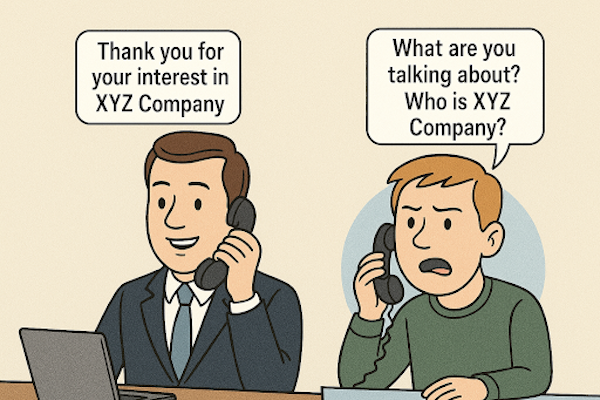Sales Mentoring: What is It and Why It's Important


Most sales professionals have a few individuals they refer to as their sales mentors.
What is Sales Mentoring?
A Sales Mentor is an accomplished sales professional or sales leader who shares knowledge, guidance, and insights with an up and coming sales professional to help them succeed and advance in their sales career. Sales mentoring differs from sales coaching. A sales coach is an individual who teaches a salesperson or more often a sales organization to develop a specific skill or skills to drive performance improvement.
There may seem to be a fine line between the two with some overlap, and often there is. Let's now consider the role of a sales trainer, who is responsible for training salespeople on how to sell specific products or solutions. Small businesses usually do not have the luxury to have sales trainers on staff as its not practical or affordable, but mid-market and enterprise sales teams do.
Perhaps it's easier to think about it this way:
- • Sales coaches teach specific skills and offer individual support to sales professionals.
- • Sales trainers provide instruction on company-specific products and standardized processes.
- • Sales mentors are trusted advisors who help develop salespeople or sales leaders into high performers, enabling them to thrive in their careers. This, in turn, enhances results for the employing company and increases the likelihood of career advancement for the salesperson in the future.
Why It’s Important to Have Sales Mentors?
Having mentors is crucial in various aspects of life such as school, sports, and business. In the sales profession, a sales mentor plays a vital role in the development of future sales leaders and it is important for sales mentors to pay it forward. They have likely been influenced by individuals who have shaped their professional career, and now it's their turn to help sales professionals become the best version of themselves professionally.
In some companies, sales mentors are paid as they are advisors or board members, while in others, they are unpaid. In larger companies with sales teams, a senior sales professional may mentor junior sales professionals who they think has potential or may be assigned a new employee to mentor as part of their job responsibility. In small companies or start-up environments, sales mentors are compensated for their time, guidance and methodologies they provide to improve the performance of the company.
Sales mentoring can yield tremendous results. One client recently shared that they experienced a 30% increase in revenue quarter on quarter, when Justellus mentored their small sales team, determined they needed help with meeting preparation and execution, and helped them get better at closing the sale.
When selecting a mentor, especially for sales, look for someone who shares your core values, is honest, and will be a positive role model. They should have a proven track record of success, experienced and learned from failure, and most importantly, be a closer. After all, the key to sales success and career advancement is being able to get the prospect to say yes.
For additional sales tips, sales insights, and revenue growth best practices, visit Justellus’ Sales Growth Blog.




